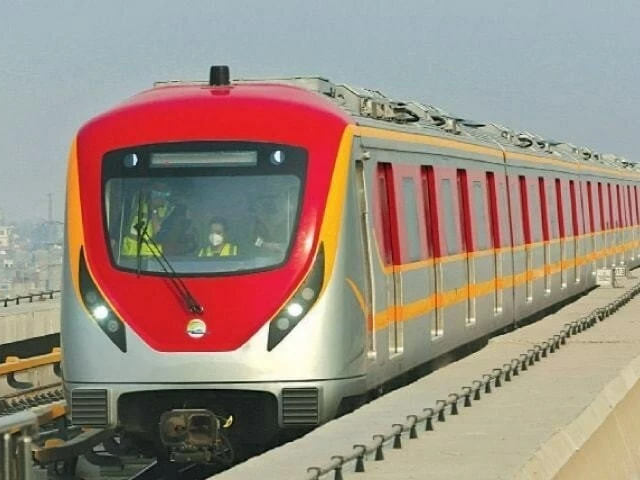Uprooted businesses await monetary relief
At least 158 families were relocated along 55 kilometers of land during the construction of the two transit projects

While mass transit projects are the need of the hour given the seasonal smog crisis plaguing the province, they are often a source of huge financial losses for thousands of local businessmen, who are suddenly left without a source of income.
For instance, Naeem Aamir, a businessman uprooted during the construction of the Metro Bus, revealed that he had inherited several shops alongside the Ferozepur Road. However, even after the passage of several years, he was still struggling to receive the promised compensation. “The monetary compensation given by the government is like salt in flour. Even today, we have to plead for our money and have almost become shuttlecocks between the development agency and the project,” claimed Aamir.
Similarly, Riaz Ahmed, a small trader, who used to own a shop in Anarkali, was uprooted during the construction of the Orange Metro Train Station. “I used to work as a used-cloth merchant and owned a small shop. The government did not offer proper compensation for my loss. Money was only given for the land, while no relief was given for the damage to my business, which had to be shut down eventually. Even today, I am making rounds of various government offices to get some help,” explained Ahmed.
As per information obtained by the Express Tribune, more than 22 underpasses, 17 flyovers, a ring road spanning more than 100 kilometers in length, a 28-kilometer Orange Line train and a 27-kilometer Metro Bus have been constructed in Lahore, the largest city of the province during the past two decades. While these projects have resulted in development work worth trillions of rupees, they have also caused financial hardship for hundreds of families.
According to Sohail Hanif Bhandara, an urban developer, the government has a reputation of giving stepmother treatment to the business community and residential areas during the construction of big development projects. “Although big business entities are paid well, small businesses are often neglected. Therefore, before starting any big development project, efforts should be made to bypass areas with small businesses or mini residential schemes on the route. This process will not only reduce the cost of the project but will also ensure that the common man is not affected,” implored Bhandara.
On the other hand, Rai Nasir Jamil, a land acquisition collector, claimed that whenever the government acquired any land, it first evaluated the value of the land and then offered compensation to businesses as per the government’s standard formula. “The standard formula is that whenever a project affecting residential, urban and rural populations is announced, the cost of the project is calculated only after determining its parameters. Sometimes there are irregularities in the valuation. But this can be settled by the complainant later on,” said Jamil.
As per the claims of the government, a special package was given to underprivileged families who had been living on the land of various government departments for more than 60 years and did not have ownership rights. Families living in one room in a multi-storey building were given assistance of Rs1 million per household. Land compensation for residential houses located in Kapoorthala House, Kacha Lake Road and Edward Road was Rs.2.5 million per marla, while the compensation for commercial land was Rs3.5 million per marla. One hundred families were living in the Bengali Building while 58 families were living in the Maharaja Building.




1724319076-0/Untitled-design-(5)1724319076-0-208x130.webp)

















COMMENTS
Comments are moderated and generally will be posted if they are on-topic and not abusive.
For more information, please see our Comments FAQ